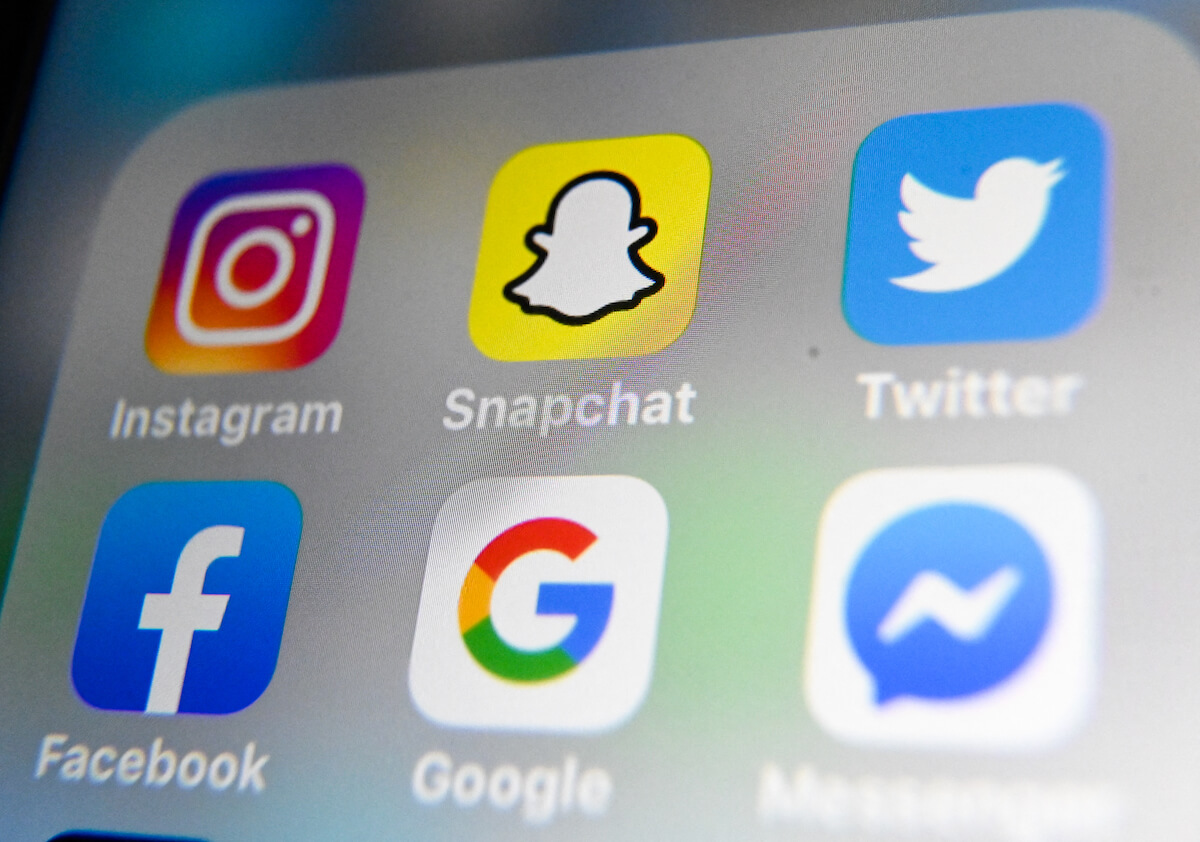Hong Kong’s legislature, which lacks an opposition party, began the first reading and debate on privacy laws dealing with “doxxing behaviour” on Wednesday. Some technology giants and human rights groups fear the broad and vague nature of the law could “hamper operations” in the Chinese financial hub.
Doxxing refers to publicly releasing private or identifying information about an individual or organisation, usually to expose them as targets for harassment and cyberbullying. It came under scrutiny after details about police and judges were released online following the 2019 mass protests. In addition, some officers’ home addresses and children’s schools were exposed by anti-government protesters, leading to threats.
Concerningly, because the island’s opposition resigned en masse last November, the bill will likely pass without much amendment. Once passed, the law will empower the Privacy Commissioner for Personal Data, Ada Chung Lai-ling, to launch criminal investigations and prosecute violators. It will also give the Commissioner power to access the electronic devices of technology companies without a warrant in “urgent circumstances” and issue requests to take down content and block websites if they refuse to comply. Channel News Asia mentioned that violators would extend to include anyone who discloses an individual’s data without consent “with an intent to cause specified harm or being reckless” about the harm caused. Moreover, Forbes reported that perpetrators could face up to five years in prison and a fine of up to $128,800.
The Asia Internet Coalition (AIC), a Singapore-based association representing some of the world’s biggest tech companies, such as Facebook, Twitter, and Google, wrote a letter to Hong Kong’s Data Protection Commissioner on June 25 expressing its concern and criticism about the “serious” issue. It stated that the proposals to limit free expression were extremely broad, ambiguous, and a “completely disproportionate and unnecessary response,” particularly when it comes to holding social media platforms and their staff criminally liable for online content that they “have no control” over.
“The government’s interpretation of doxxing is not necessarily the same as that of technology companies,” an executive at one of the tech companies told Reuters.
China’s grip on Hong Kong has tightened since the National Security Law was passed in June 2020, which prosecutes those found colluding with foreign forces or threatening national security. In addition, the country has gradually curbed its media, political, and judicial freedoms. The latest bill would give the China-backed Hong Kong government additional powers to infringe on its citizens’ freedom.
Hong Kong Begins Discussions on Controversial Privacy Bill
Hong Kong’s legislature, which lacks an opposition, opened discussions on a vague privacy law to tackle “doxxing behaviour.” The law could be used to target civil society.
July 21, 2021

SOURCE: AFP
